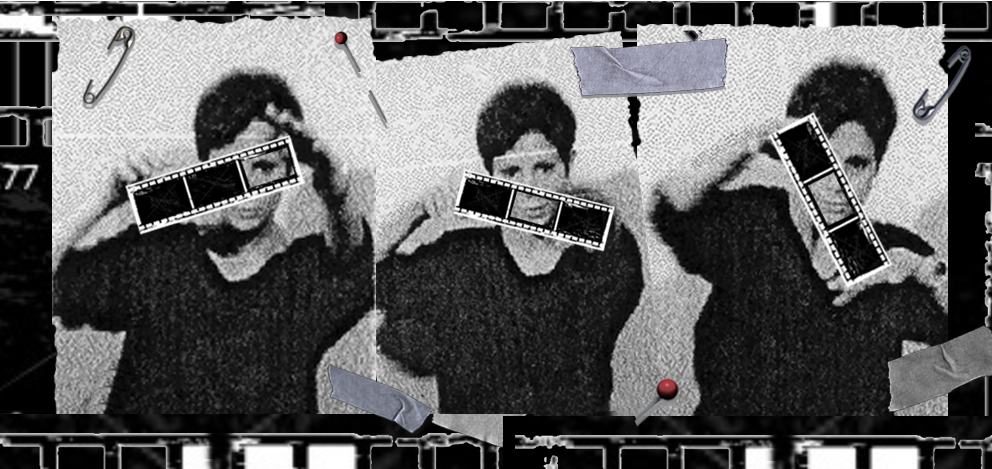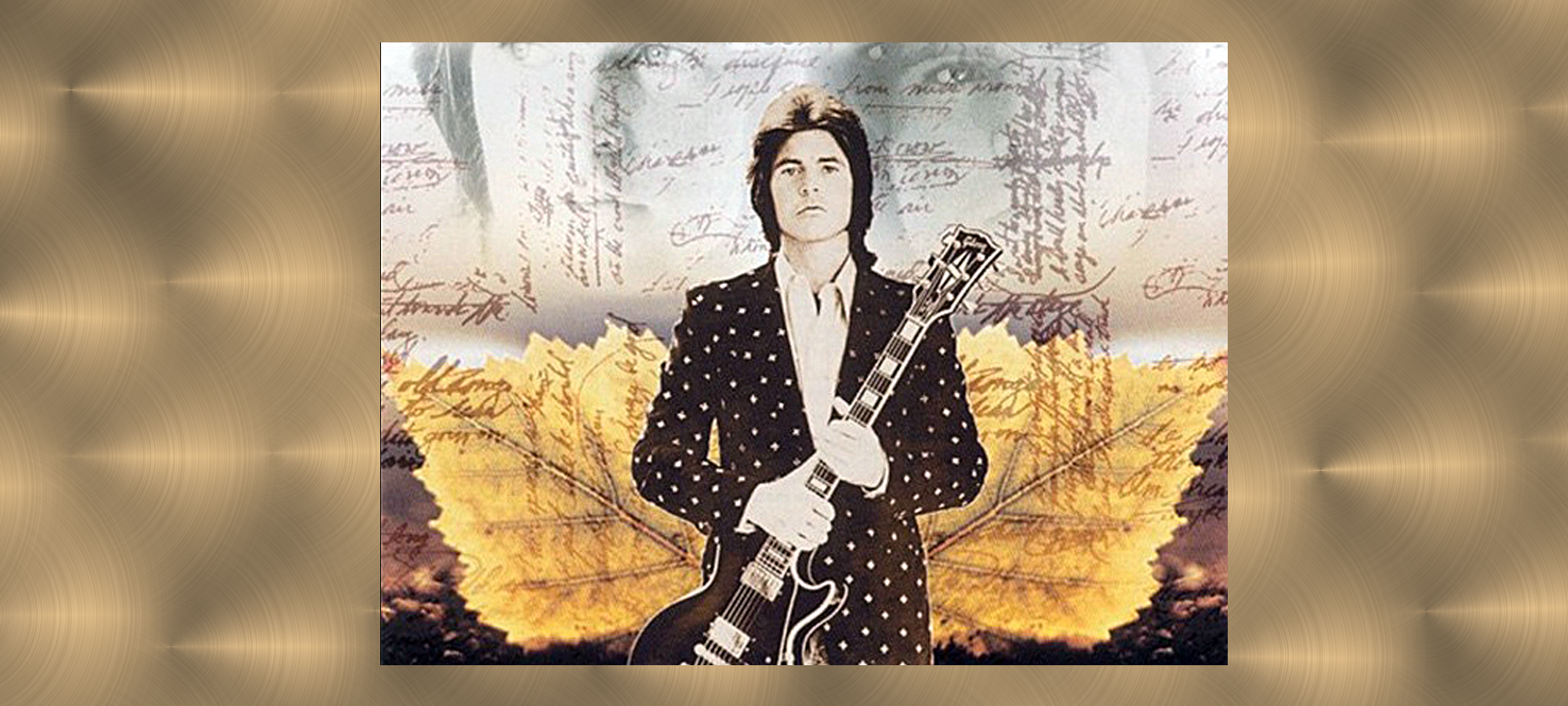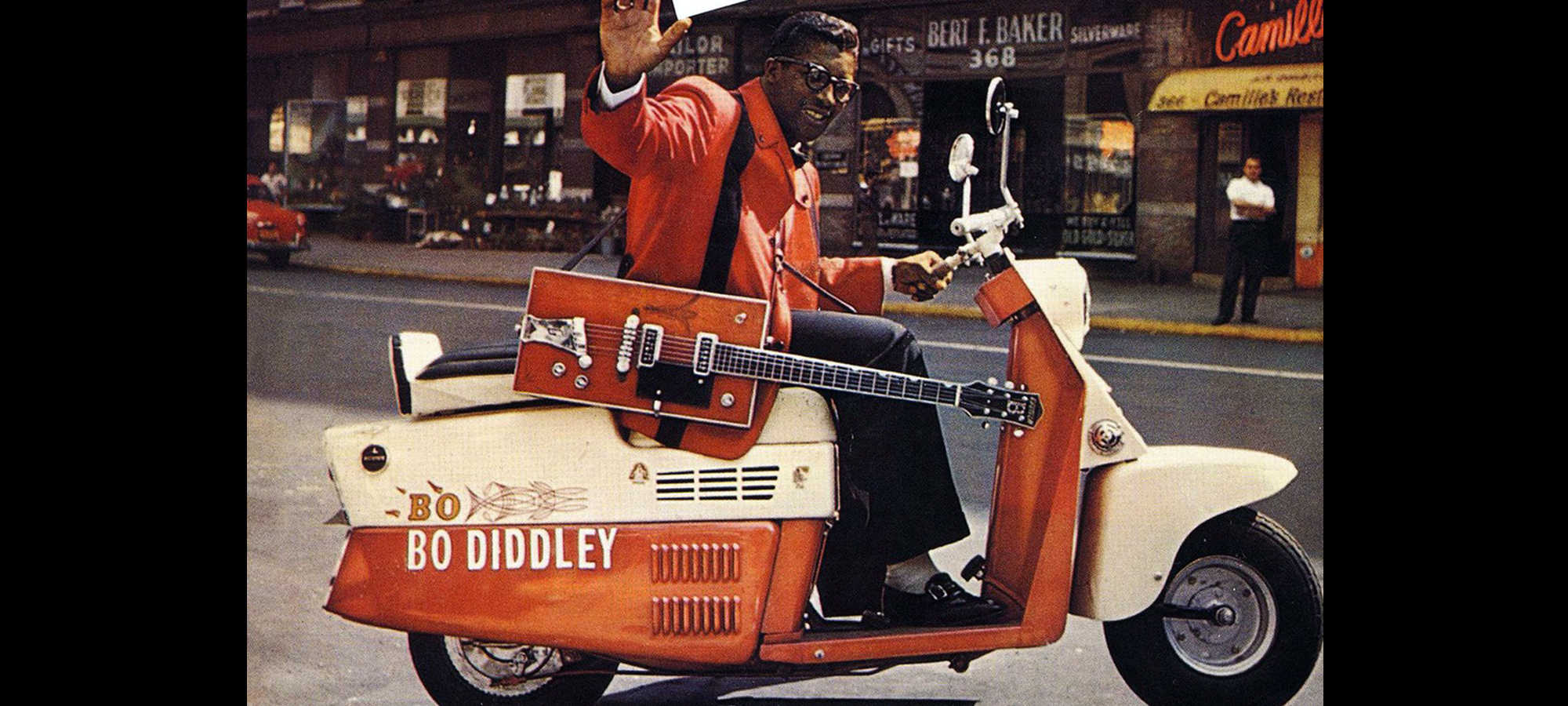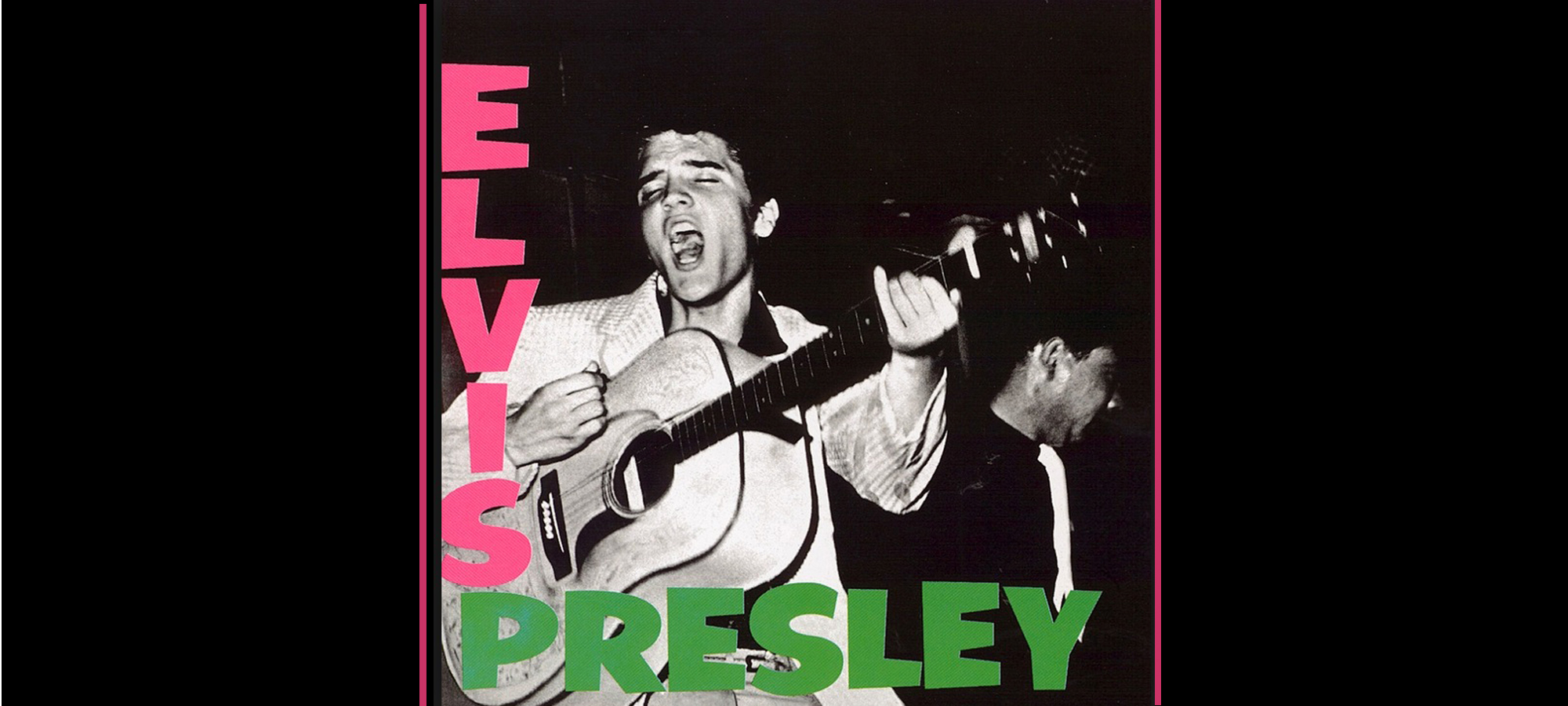Rick Nelson: ‘You can’t please everyone, so you got to please yourself’
"But it's all right now, I've learned my lesson well. You see, you can't please everyone, so you got to please yourself." Those are lyrics from "Garden Party, a 1972 Top Ten single released by the late singer/actor Rick Nelson. The one-time teen idol who came to fame as the son in the popular 1950s TV show "The Adventures of Ozzie and Harriet" (featuring his real-life parents) would have turned 75 today. He wrote "Garden Party" in response to being booed by audience members at a 1971 oldies show in Madison Square Garden (a "Garden Party").




